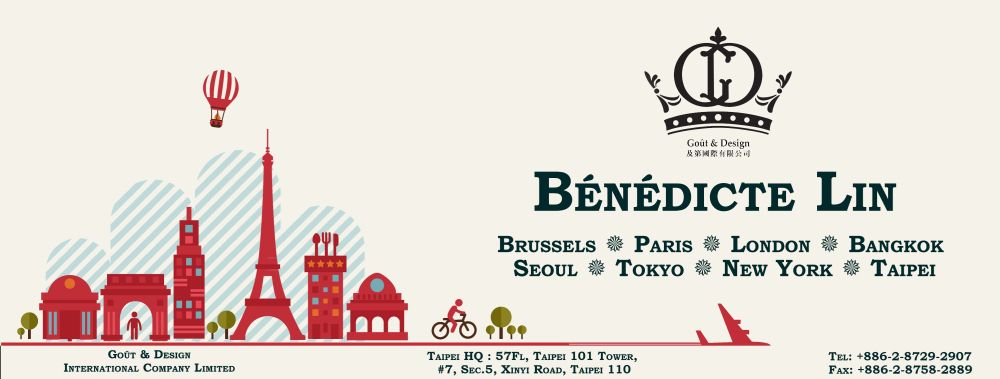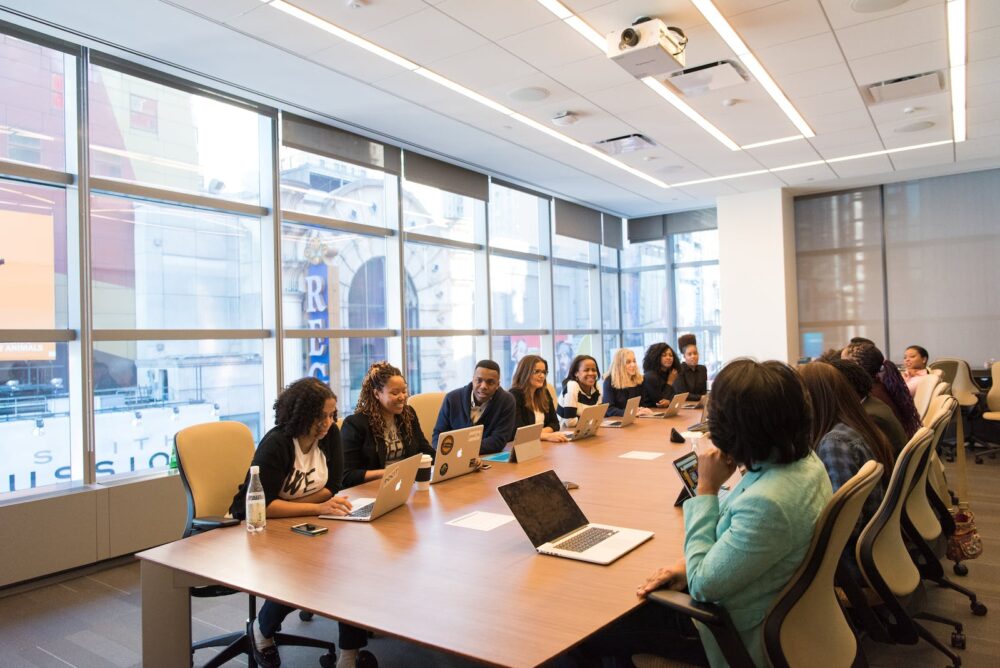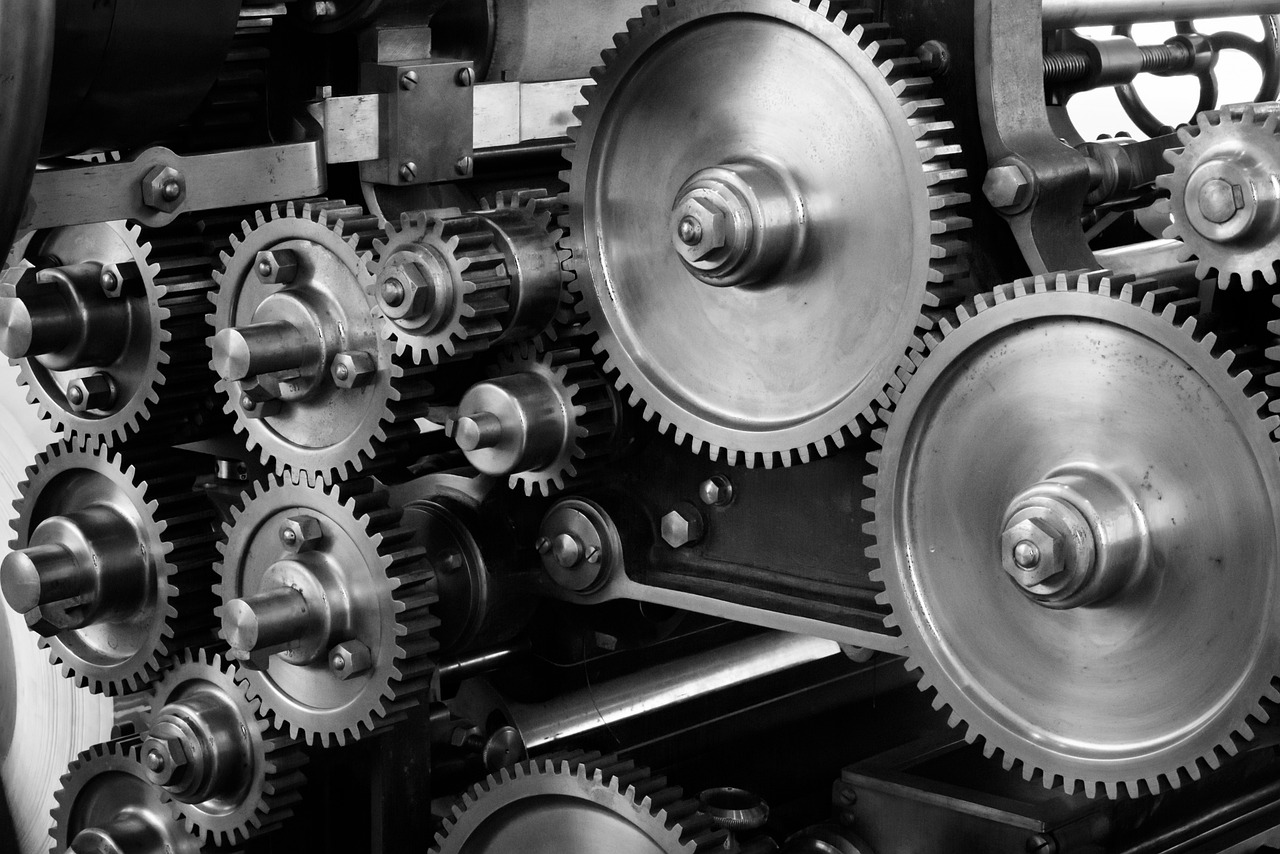Embarking on the journey towards an executive role is a formidable task, demanding a profound showcase of leadership, strategic prowess, and industry acumen. Stepping into the room for my executive job interview was a pivotal moment, where every word carried weight and every response shaped the trajectory of my professional future. In this reflection, I delve into the dynamic exchange that unfolded during the interview process, providing insights into the intricacies of presenting oneself as a capable and visionary leader.
Securing an executive-level position is a culmination of years of hard work, strategic decision-making, and a relentless pursuit of excellence. As I stepped into the room for my executive job interview, the gravity of the moment hit me. The panel of seasoned professionals stared at me, their eyes probing for leadership qualities, strategic thinking, and a deep understanding of the industry. The first few minutes were crucial; I had to establish a strong first impression. Confidence mixed with humility became my armor. I spoke about my leadership philosophy, emphasizing collaboration and adaptability. The questions delved into my experiences, challenging me to showcase not only my successes but also how I navigated through setbacks. It was a dynamic exchange, where every word carried weight. The interview, more than a mere professional assessment, felt like a meeting of minds evaluating the potential for a shared journey towards success.
The executive interview process is not just about selling yourself; it’s about aligning your vision with the company’s strategic goals. During the interview, I focused on showcasing my ability to steer through ambiguity and drive transformative change. I highlighted specific instances where I led teams through challenging transitions, emphasizing the outcomes achieved. The panel was keen on understanding my approach to decision-making and problem-solving in high-pressure situations. It was an opportunity to demonstrate not just what I knew but how I applied that knowledge in real-world scenarios. The discussion also touched on my understanding of market trends, competition, and the evolving landscape of the industry. By the end of this segment, I realized that the interview was not just about proving my qualifications but illustrating how my expertise could elevate the organization to new heights.

Closing the executive interview involved discussing the future. The panel wanted to know my strategic vision for the role and how I planned to contribute to the company’s growth. This was my chance to articulate a compelling narrative about where I saw the organization heading and how my skills aligned with that trajectory. I spoke passionately about fostering innovation, building a cohesive team, and maintaining a customer-centric approach. The questions became more forward-looking, exploring my understanding of industry disruptions, emerging technologies, and the global economic landscape. As the interview concluded, I left the room with a sense of accomplishment and anticipation. The executive job interview was not just a professional checkpoint but a platform to share my vision, values, and expertise, paving the way for a potential collaboration that could shape the future of both the company and my career.
In the aftermath of the executive job interview, the resonance of the experience lingers. It was more than a mere professional evaluation; it was a meeting of minds, a convergence of aspirations. As I reflect on the probing questions and strategic discussions, I am reminded that an executive role is not just about qualifications; it’s about shared visions and collaborative growth. This pivotal juncture marks the possibility of a transformative partnership, where my skills meet the canvas of organizational evolution.




